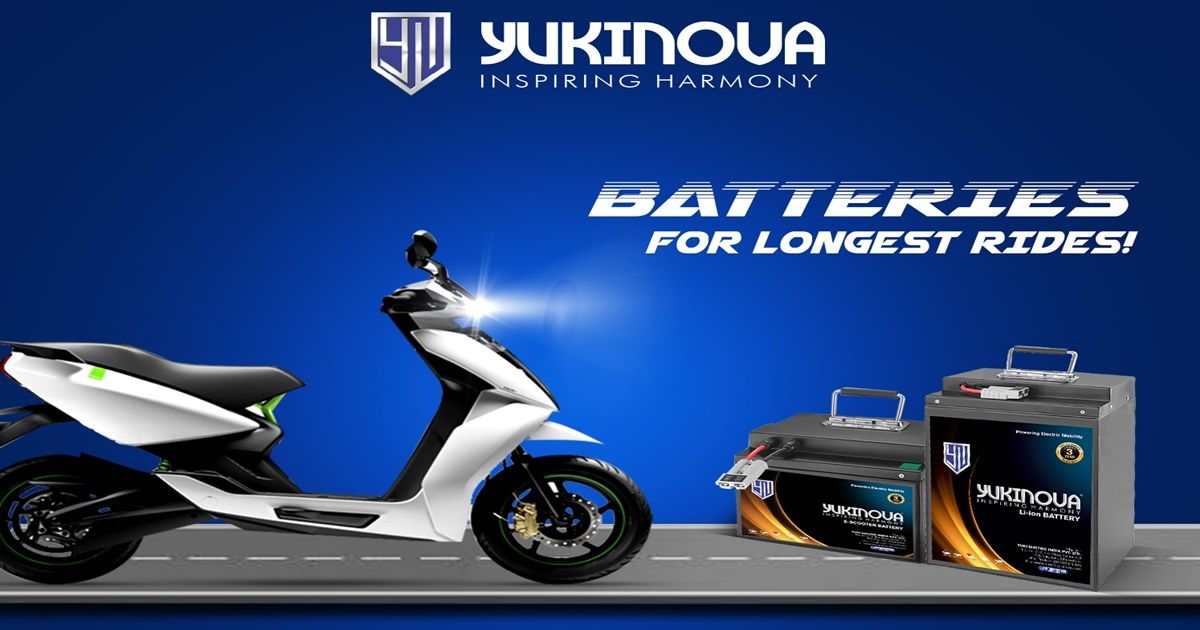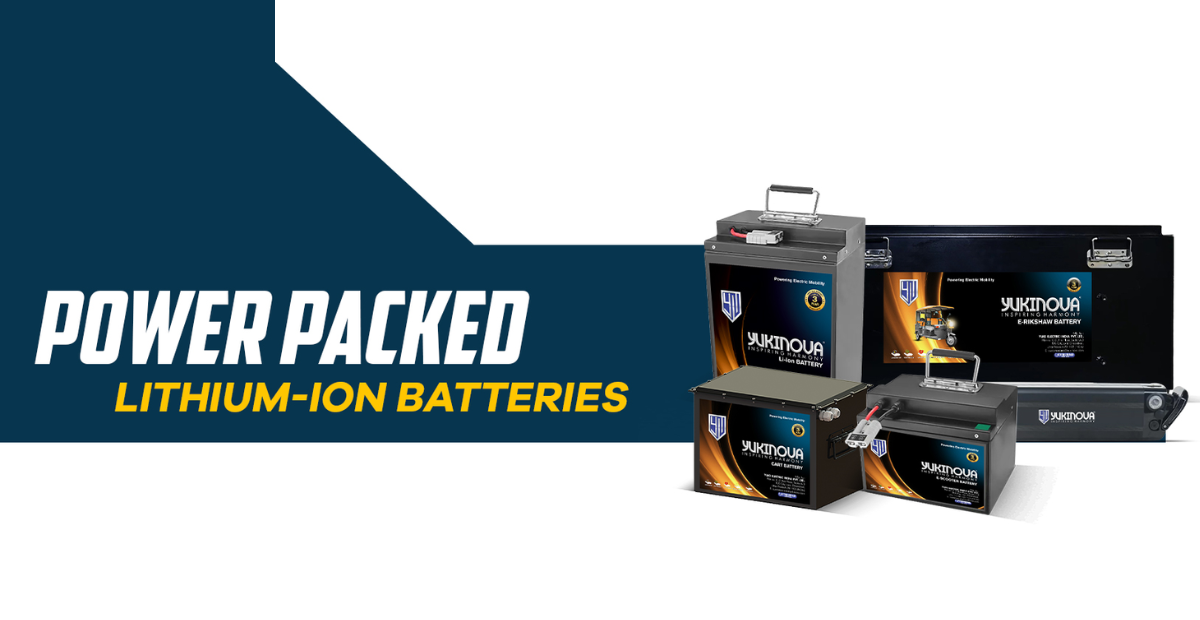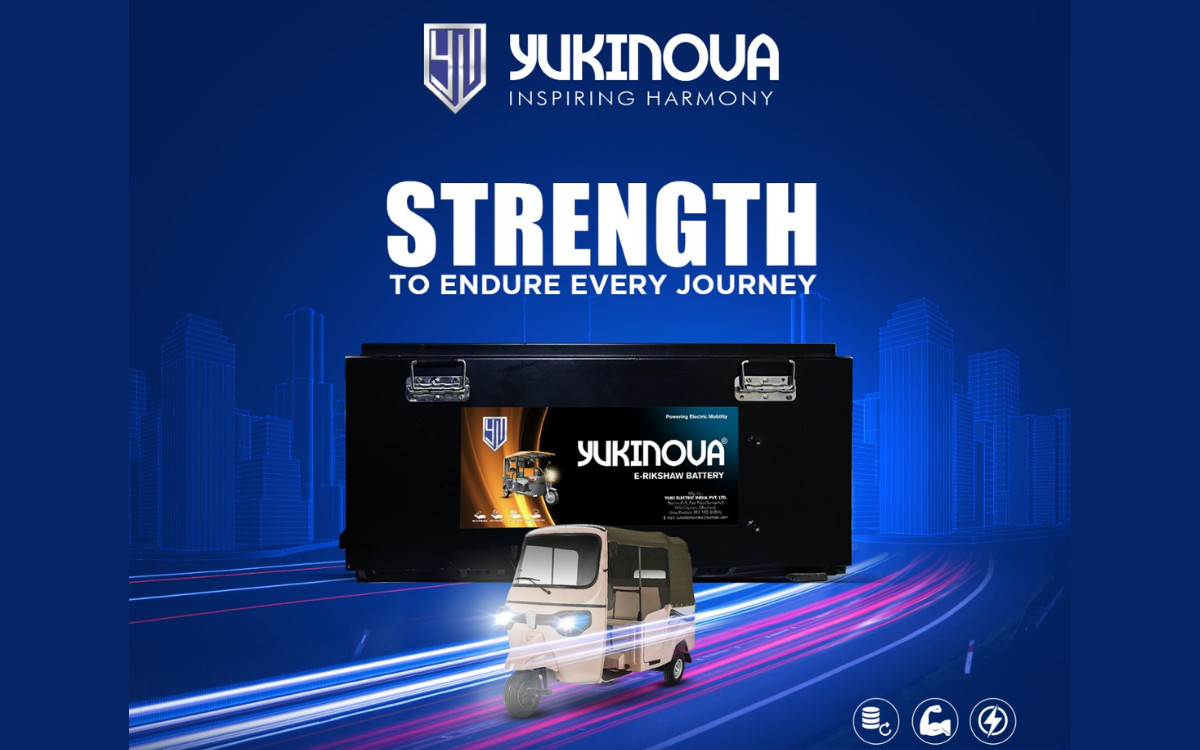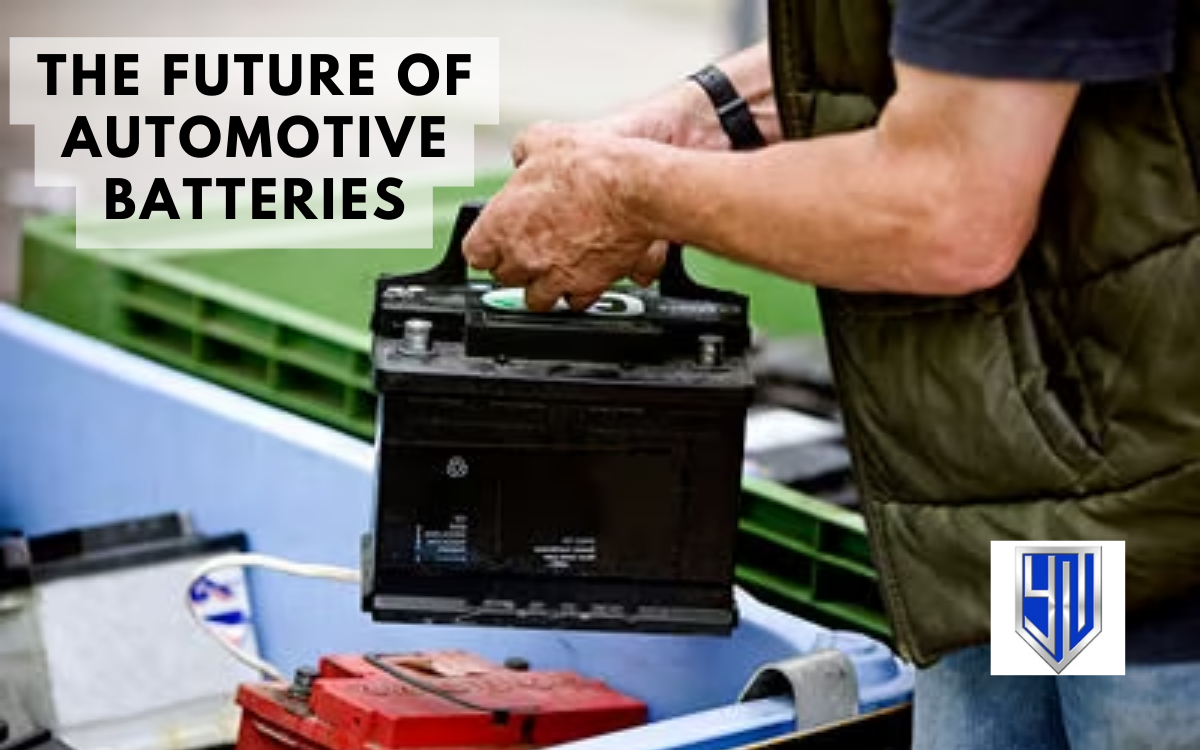In a world increasingly focused on sustainability and eco-friendly technologies, electric and hybrid vehicles have taken center stage, reshaping the automotive industry as we know it. At the heart of these innovative vehicles lies a critical component that powers the transition to a greener future: the automotive battery. With each passing day, these batteries are not only powering vehicles but also transforming the way we think about transportation. In this article, we explore the pivotal role of automotive batteries in electric and hybrid vehicles and their impact on the way we move.
Powering the Vehicle
Automotive batteries play a crucial role in starting the vehicle and operating its various electrical components. Gone are the days of traditional internal combustion engines; today’s electric and hybrid vehicles rely on these batteries to initiate the journey. They serve as the heartbeat of these modern machines, ensuring a smooth and efficient start.
Energy Storage
Energy storage is one of the primary functions of automotive batteries in electric and hybrid vehicles. These high-capacity batteries, often lithium-ion or nickel-metal hydride (NiMH), are renowned for their energy density and efficiency. They store the energy needed to power the electric motor, making it possible for these vehicles to travel substantial distances on a single charge. As technology advances, so does the capacity and efficiency of these batteries, leading to increased range and improved acceleration.
Range and Performance
The capacity and performance of automotive batteries are pivotal in determining the range and overall performance of electric and hybrid vehicles. Recent advancements in battery technology have not only extended the range these vehicles can cover but have also improved their acceleration, providing a driving experience that rivals traditional internal combustion engine cars.
Regenerative Braking
One of the standout features of electric and hybrid vehicles is regenerative braking. This innovative technology harnesses the kinetic energy generated during braking and converts it into electrical energy. This energy is then stored in the automotive battery for later use, significantly enhancing the vehicle’s overall efficiency. Not only does this system save energy, but it also increases the lifespan of the battery.
Reduced Emissions
One of the most significant advantages of electric and hybrid vehicles is their ability to reduce emissions drastically. By relying on electric power, these vehicles emit far fewer greenhouse gases and pollutants compared to their traditional counterparts. Automotive batteries are instrumental in enabling this transition to cleaner and more sustainable transportation, paving the way for a healthier planet.
Charging Infrastructure
The growth of electric and hybrid vehicles has led to the development of a robust charging infrastructure. From convenient home charging stations to an ever-expanding network of public charging stations and fast-charging networks, automotive batteries ensure that recharging these vehicles is accessible and hassle-free. This infrastructure is a testament to the growing acceptance and adoption of electric and hybrid vehicles worldwide.
Battery Management Systems
To maximize the performance, safety, and lifespan of automotive batteries, electric and hybrid vehicles employ sophisticated Battery Management Systems (BMS). These systems monitor and optimize the battery’s performance, ensuring efficient charging and discharging. They also protect against potential issues such as overcharging or overheating, guaranteeing both the longevity of the battery and the safety of the vehicle and its occupants.
Recycling and Sustainability
As automotive batteries reach the end of their life cycles, proper recycling and disposal become paramount. To address this concern, many manufacturers have established battery recycling programs. These programs not only recover valuable materials from used batteries but also minimize the environmental impact associated with battery disposal. This commitment to sustainability is a significant step toward a more eco-conscious future.
Future Developments
The future of automotive batteries is incredibly promising. Ongoing research and development efforts aim to enhance the energy density, charging speed, and overall performance of these batteries. Advancements in solid-state batteries and other emerging technologies hold the potential to further revolutionize electric and hybrid vehicles, making them even more efficient and environmentally friendly.
In conclusion, automotive batteries are the unsung heroes powering the electric and hybrid vehicles that are driving the automotive industry into a sustainable and eco-friendly future. These batteries are not merely components of a vehicle; they are the driving force behind a global shift toward greener transportation options. As technology continues to evolve, we can expect even more remarkable advancements in the world of automotive batteries, further solidifying their role in reshaping the way we move and making our planet a cleaner and healthier place to live.



